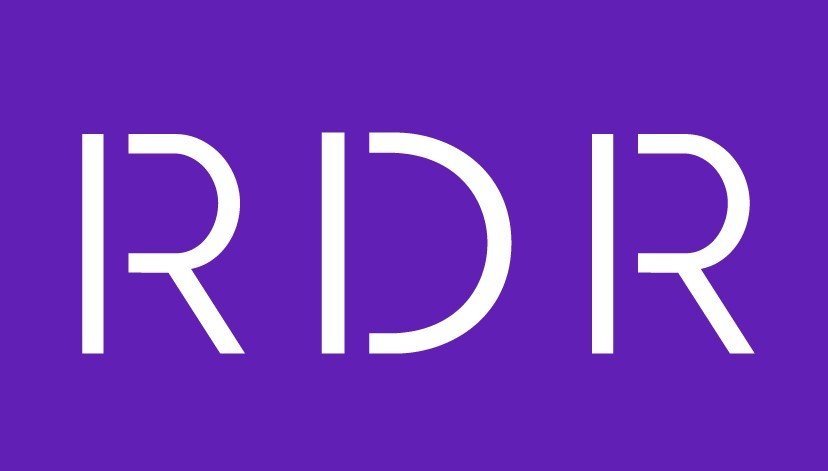Coronavirus / COVID-19
COVID-19 is a respiratory illness caused by the SARS-CoV-2 virus, which first emerged in December 2019. COVID-19 has led to a global pandemic, with widespread health, social, and economic impacts. Vaccination campaigns have significantly reduced severe illness and death worldwide.
Cause: The disease is caused by the SARS-CoV-2 virus, a type of coronavirus, which primarily spreads through respiratory droplets when an infected person coughs, sneezes, or talks.
Symptoms: Symptoms can range from mild to severe and include fever, cough, shortness of breath, fatigue, body aches, loss of taste or smell, and in some cases, severe respiratory distress, pneumonia, or organ failure.
Diagnosis: Diagnosed through PCR tests, rapid antigen tests, and sometimes imaging for lung involvement.
Treatment: Most cases are mild and can be managed at home with rest, hydration, and over-the-counter medications. Severe cases may require hospitalization, oxygen therapy, or antiviral medications like remdesivir. Vaccines have become a key tool in preventing severe disease.
Prevention: Vaccination, wearing masks, physical distancing, hand hygiene, and avoiding large gatherings are key strategies for reducing the spread.
Active Trials
-
TITLE:
SPONSOR:
INDICATION:
PROTOCOL:
PHASE:
DESCRIPTION:
STATUS:
RECRUITING PATIENTS:
RDR LOCATION:
Past Trials
-
TITLE: ACTIV-2: A Study for Outpatients With COVID-19
INDICATION: Coronavirus, Covid19
PROTOCOL: ACTIV-2/A5401
PHASE: 2 & 3
DESCRIPTION: "Drug studies often look at the effect one or two drugs have on a medical condition, and involve one company. There is currently an urgent need for one study to efficiently test multiple drugs from more than one company, in people who have tested positive for COVID-19 but who do not currently need hospitalization. This could help prevent disease progression to more serious symptoms and complications, and spread of COVID-19 in the community.
This study looks at the safety and effectiveness of different drugs in treating COVID-19 in outpatients. In Phase II, participants in the study will be treated with either a study drug or with placebo. In protocol version 7.0, participants in Phase III of the study will be treated with either a study drug or active comparator drug. Participants assigned to the bamlanivimab agent/placebo arm and will have 28 days of intensive follow-up following study drug administration, followed by limited follow-up through 24 weeks in phase II and in phase III. All other investigational agents and their corresponding placebo arms will involve 28 days of intensive follow-up, followed by limited follow-up through 72 weeks in phase II and phase III. Additional study visits may be required, depending on the agent."
STATUS: Past
RECRUITING PATIENTS: No
RDR LOCATION: Georgia

